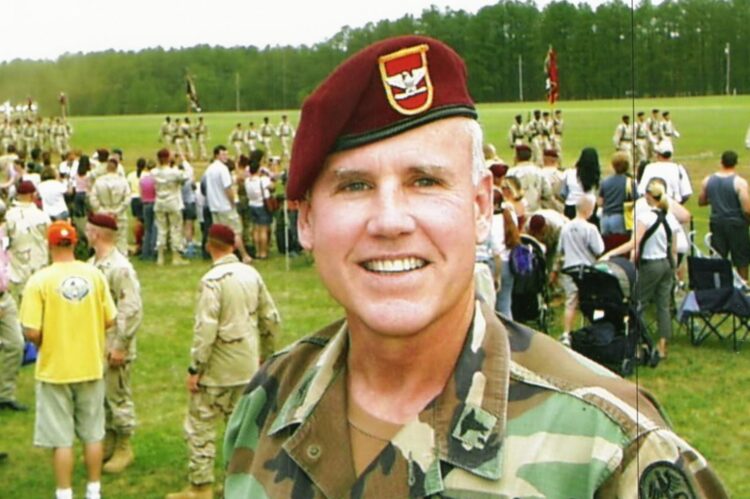Allow me to introduce myself.
I began medical school at 36 years old and have loved every minute of medical learning and practice for over 36 years. After 18 years in the Navy including SEAL Team operations, followed by 18 years as an Army physician that included international combat deployments with the 82nd Airborne Division in Iraq and the famed DELTA Force special operators, I retired from the military as a Medical Corps Colonel, and entered civilian private practice.
I have worked in military and civilian hospitals doing inpatient and critical care medicine for many years. I met patients in the emergency room, admitted them to the hospital and intensive care wards, and managed them overnight.
There are several differences in how the civilian medical world operates. Most of these differences revolve around civilian expensive and defensive medicine practiced to avoid malpractice lawsuits.
I can no longer deliver my patients’ babies. Malpractice charges would go up by $100,000 if I delivered babies as a civilian. In the military, the U.S. government insured doctors, so I enjoyed the opportunity to deliver my patient’s children and watch them grow up. If you want to sue a military physician, you are invited to sue the U.S. government with unlimited resources. This significantly reduces the incidence of frivolous lawsuits that insurance companies usually settle without trials.
Civilian physicians, including myself, order X-rays, lab tests, and consults to document what we already know. We spend our patients’ and their insurance companies’ money as fast as we can. Time is money and seeing as many patients as possible is how money is made in the insurance-fueled medical world. That need for speed reduces quality and puts computers heavily in the loop for care.
As a military physician, I could take time with my patients, attend teaching lectures, scrub in on surgeries, go to the field on exercises, provide emergency care on the ground after jumping out of airplanes, and go for a run to stay in shape. Doctors in uniform need to pass the Army physical fitness tests also.
There is no time in the civilian fee-for-service world for any non-revenue generating activities. This makes it hard to ‘walk the walk” we recommend to our patients to exercise daily, sleep, and eat well. I would swim at lunchtime during a clinic day, at the gym across the street, with lunch as a handful of pecans.
The military system worked well in primary care where we got to know and manage our patients from birth to death. For the surgical specialties, it was more difficult. Those specialists needed operating room experience. Time spent deployed, or in military training decreased the time doing what they needed to do – operate.
The military is currently changing how hospitals are staffed. They are decreasing the number of uniformed providers. Leadership in military medicine will be challenged, but in the world of surgical specialty medicine, using civilian resources may be the only way to provide the quality care needed for our military.
Military doctors have rarely needed to argue with insurance companies about care authorizations or approved or affordable medicines. The dreaded “prior authorization” for prescription medicines, that makes civilian medicine unpleasant and expensive for patients and providers alike, is a rare event in the military. Medicines are generally cost-free to patients and families. Hospitalization does not bankrupt a family, and emergency rooms are busy, accessible, and well-staffed. All patients, including expectant mothers, infants, and the elderly, are seen and treated without billing hassles.
Already have an account? Sign In
Two ways to continue to read this article.
Subscribe
$1.99
every 4 weeks
- Unlimited access to all articles
- Support independent journalism
- Ad-free reading experience
Subscribe Now
Recurring Monthly. Cancel Anytime.










COMMENTS